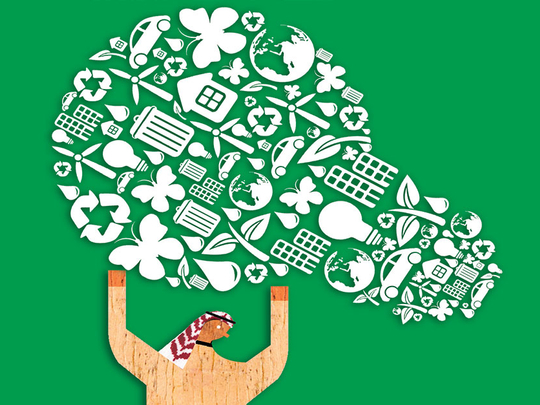
Following the transition of government in Saudi Arabia, the country has not remained idle with its priorities to improve conditions for its citizens and residents. King Salman Bin Abdul Aziz made that very clear recently when he vowed to work toward the nation’s progress and defend Arab and Islamic causes.
He stated that “Our country is marching solidly toward growth. We will work toward complete and balanced development. We strive to build a strong economy with diversified revenues, and work to limit the effect of lower oil prices on the development process.” He also pledged to “develop specialized health care services for all citizens wherever they are,” while highlighting “the necessary need to find housing solutions for Saudis.” He also stated that the government should “provide education that will offer results suitable to the development process and market needs.”
He dwelled at length on the state of the national economy, and said that the coming years would be full of landmark achievements with the strengthening of the role of industrial and service sectors. Addressing the businessmen in attendance, King Salman said: “You are partners in the development and the state is working to give more opportunities to the private sector to enable it to contribute more in the economic growth. We have provided a lot of facilities and special rights for you and the state expects from you a lot. You have to come up with initiatives for job creation and social and economic services.”
Saudi Arabia is indeed in the midst of massive development, be it infrastructure or elsewhere. Health, transportation, education and other social services have been gaining increasing focus in recent times. Understanding the need of a diversified network of transportation because existing roads were over capacity to the point where congestion was having an impact on the local economy and quality of life for residents, in 2013 the Council of Ministers approved two public transport systems relating to the public transport system in Makkah, Jeddah and Taif at a total cost of $30 billion (Dh110.1 billion).
The kingdom is especially committed to a nationwide transportation infrastructure expansion programme which will feature one of the world’s most sophisticated rail and metro networks. Spending on rail projects alone is forecast to reach around $79 billion in the next 10 years.
But, it is not simply about cutting congestion and improving freight transport links. The railway network will create new jobs and bring environmental benefits to the region according to a rail assurance and asset management consultant. “Rail networks create a more sustainable society that is not dependent on one mode of transport for passengers and goods. Also the environmental advantages of using railways have been documented extensively, and the rail projects will create a range of employment opportunities including high-tech engineering positions for a growing population.”
Shot in the arm for Riyadh
Makkah, a city that draws pilgrims from around the world was injected with $18 billion for the city’s public transport system, which included a metro with four lines and 88 stations and a fast bus service network. It is expected to bring about a dramatic improvement in the transportation of pilgrims and citizens in the city.
The capital city of Riyadh also received a shot in the arm for a metro project. The Riyadh Public Transport Project is slated to cost $22.5 billion, including 176.5 km of rail and 85 stations, according to the Ar-Riyadh Development Authority. Bechtel, the United States-based engineering, construction, and project management firm, led a consortium that won a $9.4 billion contract to design and build two of the Riyadh Public Transport Project’s lines, totalling 63.3 km. As the GCC’s largest construction market, the kingdom is committed to $1 trillion worth of upcoming construction projects in residential, healthcare, education, and transportation, according to the Deloitte report “GCC Powers of Construction 2014”. From mixed use mega-developments to sports stadiums, the kingdom is attracting the world’s top infrastructure development agencies.
Saudi Arabia remains the regional leader in infrastructure investment and construction spending. With its young and expanding population, Saudi Arabia should command the most buoyant market, in line with its overall economic development plan. Furthermore, the recent approval of the mortgage law should help to drive growth in residential construction in response to the current housing shortage. So serious is the government about providing affordable housing to its citizens, that King Salman immediately replaced the housing minister following growing complaints by Saudis on social media lamenting the lack of home ownership. Other ministers were let go as well for lack of results.
Spending volume alone does not qualify for distinctions. Three projects in Saudi Arabia have received global recognition after being chosen among the 100 most innovative and inspiring urban infrastructure projects in the world in the second edition of KPMG’s Infrastructure 100 report. The recently completed Princess Noura Bint Abdulrahman University for Women tops the education infrastructure category and is acknowledged by KPMG as one of the top 10 infrastructure projects across the globe.
King Salman’s stated commitment to continue the development towards the welfare of his citizens only strengthens the conviction among many that all bodes well for the Saudi citizen. Things can only get better.
Tariq A. Al Maeena is a Saudi socio-political commentator. He lives in Jeddah, Saudi Arabia.








